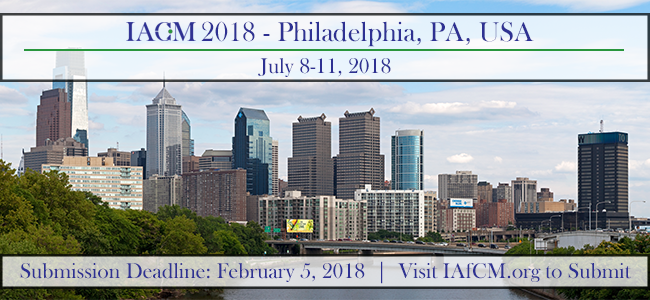Full Program »
Community Collaborative Governance: Solving Local Problems and the Rule of Law
Communities face problems that require collaboration across the public, private, and nonprofit sectors, such as sustainability, public health emergencies like the addictions epidemic, poverty, and homelessness. Known as 'wicked' problems that no single organization can solve or solve easily, they require collaborative public management and collaborative governance. Collaborative governance entails multi-party conflict resolution processes. Municipal governments are creatures of state law and subject to state control. Social scientists who study collaboration often omit as independent variables rules and law constraining local action. This paper presents a case of local collaborative problem-solving and its state law context. Collaboration practitioners, local government managers confronting 'wicked' problems, and scholars need to analyze the institutional constraints they face in the form of rules and law in a horizontally and vertically expanding space within which they must work.
